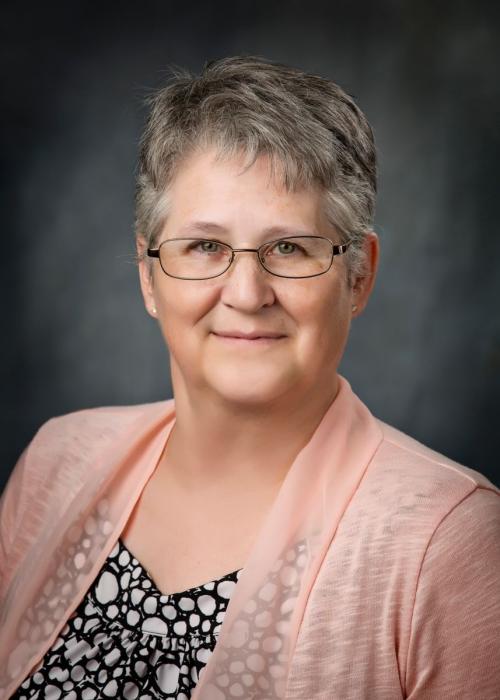Body, Mind & Soul. Nurturing Your Child’s Mental & Emotional Health
Health and wellness looks different for each person—especially across various demographics like age, gender, and family history. For our children, it’s important to teach them how to properly express any concerns and questions about their changing bodies—mentally, physically, and emotionally.
Start with awareness.
COVID-19 has drastically changed our daily routines to help combat the spread of the virus, causing insecurities and instability for children of all ages. When children feel safe and protected, they are able to explore their passions and thrive in other aspects of their lives.
It’s important to be aware of your child’s normal behaviors and patterns, so you can stay ahead of any issues that may present themselves later. Mental health in its early and late stages of childhood involve successfully achieving developmental and emotional milestones. This includes learning healthy social and coping skills in times when there are challenges.
Learning about the proper ways to identify symptoms and how to approach them in a healthy way will always be a good start to helping your child receive the medical care and attention they deserve. Some worries and fears are typical in young children, however, more intense forms of sadness and fears, especially if constant, could be signs of anxiety or depression that may require professional care.
Signs & Symptoms of Anxiety & Depression.
Some children may not talk about their anxious or depressing thoughts and may not appear sad. Depression could even lead a child to become a troublemaker or act unmotivated, causing the mental health condition to go unnoticed as its incorrectly labeled.
To know when it may be time to talk with your child (and healthcare provider), look out for these signs and symptoms.
Anxiety:
- Irritability and anger
- Fatigue
- Headaches
- Stomachaches
May present as fear or worry.
Depression:
- Feeling sad, hopeless or irritable more than normal
- Dissociation from fun activities
- Changes in eating patterns (eating more or less)
- Changes in sleep patterns (sleeping more or less)
- Changes in energy (tired, sluggish, tense & restless more than normal)
- Inability to pay attention
- Feeling worthless, useless or guilty
- Signs of self-injury and self-destructive behavior
Extreme depression can lead a child to think about suicide or plan for suicide. For youth ages 10-24 years, suicide is among the leading causes of death.
Helping children cope during COVID-19.
Children and teens react, in part, on what they see from the adults around them. When parents and caregivers deal with COVID-19 calmly and confidently, they can provide the best support for their children.
- Talk with your child about the COVID-19 outbreak
- Answer questions and share facts about COVID-19
- Reassure your child that they are safe
- Limit your family’s exposure to news (including social media)
- Maintain a regular routine
- Be a role model
- Spend time with your child
Culbertson Memorial Hospital —Here for you.
If you have noticed changes in your child’s behavior, the first step is to schedule an appointment with a healthcare provider, like your child’s primary care or a mental health specialist, to receive an evaluation. A mental health professional will work with you and your child to develop a plan that works best for your family. Treatment plans may include behavior therapy (family, child or both) to involve family members and even the school.
Consultation with a healthcare provider can help determine if medication should be part of the treatment as well.
Elmer Hugh Taylor Clinic of Culbertson Memorial Hospital offers counseling services for individuals, families, and children to provide guidance and support. Schedule your appointment with Cathy Rigg, LSCW to begin your journey to peace and well-being.
Contact us at (217) 323-2245 to learn more options or to schedule a consultation.
Hours of Operation:
Pediatric Counseling
Thursday and Friday: 8:00 a.m. – 4:00 p.m.

